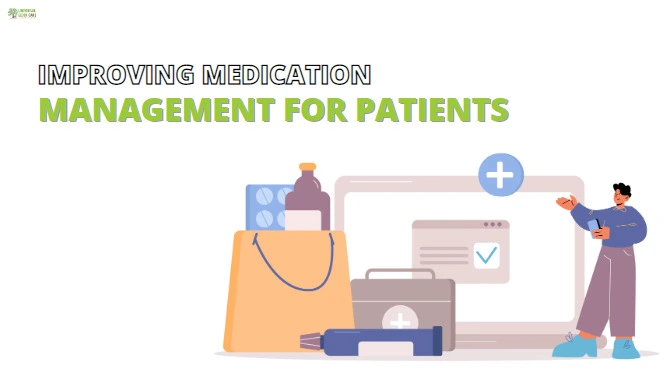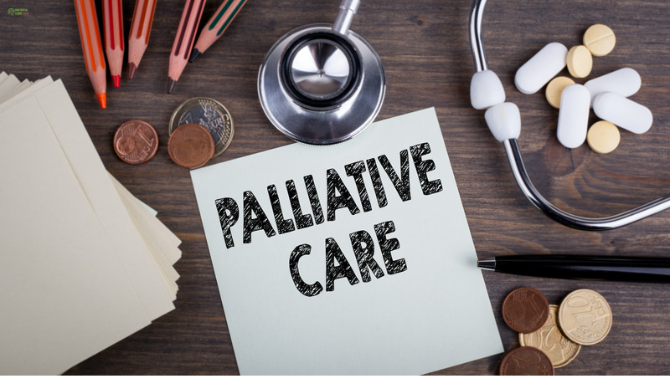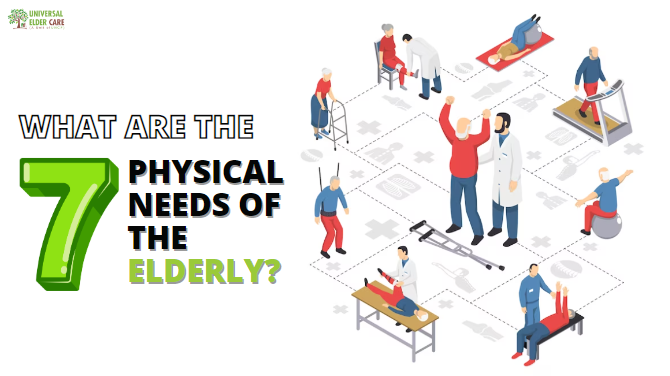Improving Medication Management for Patients

Enhancing Medication Management: Empowering Patients for Better Health
Effective medication management plays a vital role in promoting optimal health outcomes for patients. It involves a systematic approach to ensure the safe and appropriate use of medications. In this blog, we will explore the importance of improving medication management for patients, empowering them to take an active role in their treatment and overall well-being.
Understanding Medication Management: Medication management encompasses various aspects, including medication adherence, proper dosage, understanding potential side effects, and coordinating multiple medications. It involves healthcare professionals working closely with patients to develop a comprehensive plan that meets their individual needs and ensures the safe and effective use of medications.
Promoting Medication Adherence: One of the key challenges in medication management is medication adherence, which refers to taking medications as prescribed by healthcare providers. Non-adherence can lead to treatment failure, worsening of symptoms, and preventable hospitalizations. By providing education, reminders, and support, healthcare providers can empower patients to stay on track with their medication regimen and improve treatment outcomes.
Clear Communication and Education: Effective communication between healthcare providers and patients is crucial for medication management. Healthcare professionals should explain medication instructions clearly, ensuring patients understand the purpose, dosage, timing, and potential side effects of their medications. Patient education materials, including written instructions and visual aids, can also facilitate understanding and promote safe medication use.
Organizational Strategies: Organizational strategies can help patients better manage their medications. These may include the use of pill organizers, medication calendars, and reminders through mobile applications or alarms. Organizing medications in a consistent and accessible manner can reduce the risk of errors and promote adherence.
Collaboration and Shared Decision-Making: Encouraging collaboration and shared decision-making between patients and healthcare providers can foster a sense of ownership and empowerment. Patients should be encouraged to ask questions, express concerns, and actively participate in decisions about their medication regimen. This partnership helps to ensure that treatment plans align with the patients' goals, preferences, and lifestyle.
Regular Medication Reviews: Regular medication reviews are essential to evaluate the ongoing appropriateness of the prescribed medications. Healthcare providers should conduct periodic assessments to monitor the effectiveness and safety of the medications, identify any potential interactions or side effects, and make necessary adjustments to optimize treatment outcomes.
Improving medication management is crucial for enhancing patient health and well-being. By promoting medication adherence, clear communication, organizational strategies, collaborative decision-making, and regular medication reviews, patients can take an active role in managing their medications and achieving better treatment outcomes. Empowering patients to become partners in their healthcare journey can lead to improved medication safety, increased adherence, and ultimately, better overall health and quality of life.



